If I had to describe Ben Cory Jones in just one word, it'd have to be #Blessed. In an interview with Out, the showrunner of BET's Boomerang recounted the story of how the series came to fruition, and divine intervention is the only explanation -- combined with the power of Emmy winner and prolific producer Lena Waithe.
Last April, the pair were in the back of a car on the way to the GLAAD Media Awards where Waithe was being honored. It's in these moments, to and from events, Jones said, that the friends of 10 years catch up on life what with their busy schedules. They both had heard about BET and Paramount partnering on a reboot of the 1992 Black, classic comedy that starred Eddie Murphy, Robin Givens, and Halle Berry and it came up in conversation.
"She was like, 'You know BET is gonna do Boomerang. I was like, 'Yeah, that's interesting.' And she was like, 'Should we do it?' I was like, 'I don't know. I mean, maybe.' And then she was like, 'Alright, I'll call BET tomorrow and see what's up,'" recalled Jones. "And If you know anything about Lena, when she says she's gonna call the head of BET, she means she's gonna call the head of BET."
Ironically enough, at the awards that night, Berry presented Waithe her award. When Waithe and Berry exited the stage, Jones says, "in true Lena fashion, she goes back in the green room with Halle Berry and is like, 'Yo, me and my friend Ben were just talking about doing Boomerang and if we do this, would you do this with us and be an executive producer?' And Halle Berry that night said 'Yes.'"
Two days later Waithe and Jones had a meeting at BET where they pitched their version of the show.
"Lena came up with the idea that we shouldn't try to remake a classic, but let's imagine a world where Eddie Murphy and Halle Berry had a daughter and Robin Givens had a son," he continued. "And if they had kids when the movie came out in 1992, those kids would be 26 years old today. Let's not try to remake a classic, but why don't we follow the children of our classic characters?"
And that's how Boomerang came to be. As pitched, the series follows a group of young, Black, and creative millenials trying to survive and thrive in corporate America and beyond. It picks up over 20 years later, with the kids of the film's main characters working their darndest to get out of their successful parents' shadows. It stars Tequan Richmond, Tetona Jackson, Leland B. Martin, RJ Walker, Crystal Garrett, and Instagram star Lala Milan.
The show marks Jones' first bow as a showrunner, having been a writer on Hand of God, Underground, and, most recently, Insecure -- all of which is a far cry from his initial career path of corporate communications. Ahead of the fourth episode, Jones spoke to Out about meeting Waithe, their new show, and what it's like creating queer af characters on a network like BET. He also talks about his next project and gives advice to Black LGBTQ+ folks interested in getting in the industry.
How did you and Lena come into each other's orbit?
From Facebook. Lena and I met 10 years ago. We became Facebook friends and then she saw that I was trying to be a writer, and she was a writer. I'm queer, and she's queer. At the time she was an assistant on Girlfriends. We had a brunch that lasted for three hours and we've been best friends ever since.
Fast forward, the opportunity to be the showrunner of Boomerang presents itself. You were a writer on Insecure at the time. Why'd you leave?
This is a big opportunity for me to lead a show myself, as the showrunner. I actually got accepted into the showrunner training program at the Writer's Guild and had done that maybe six months prior to taking this job. While I'd written on a bunch of shows, being the showrunner, you're seriously in charge.
I really have to give Lena a huge kudos because she thought to give me this job to let the industry know that I was ready. And Lena definitely advocated for me for that because for a showrunner to be young, Black, and queer is a big deal in my opinion. Because showrunners are white and male. I've been fortunate enough to work under Black showrunners like John Ridley on American Crime, Prentice Penny on Insecure, and Misha Green on Underground, but I understand that my career is very, very rare. We really wanted to make a statement and change the way this industry thinks of what a showrunner has to look like.
You all have put together a cast of fresh, newer faces to represent a young, Black millennial perspective. Why?
It was important for Lena and I to break new talent. That's the only way the industry's gonna change. Everybody keeps talking about diversity and inclusion, but you have to walk the walk which means you have to be infusing the industry with new talent. So, we knew we weren't going to cast people you may have seen in a bunch of stuff before, but instead we found super talented people who could use the ascension and were ready for the ascension into a series regular role.
I have to give a shout to Tequan Richmond who plays one of our leads, Bryson. He was in Everybody Hates Chris and he did a great film with Isaiah Washington called Blue Caprice. I've been a huge fan of his for awhile. Then there's Tetona Jackson. She's been on a few shows at this point and is very talented, but we were not afraid to cast people that the industry may have not seen a bunch before. And I also have to shout out Lala Milan [whose] celebrity is more in the social media space ... She is one of the breakout stars of the show.
From the few episodes I've seen, she's hilarious. But that also brings me to Leland B. Martin who plays the bisexual -- or "sexually fluid" as yall call him -- Ari. Talk to me about having that represented on the show and, in particular, having the disclosure of his sexuality be subtle.
Boomerang the movie was set in a very heterosexual, heteronormative world. One of the things that we knew very early on is that ... couldn't work in today's world. We really wanted to make a point to turn that on its head a bit and we knew we wanted to create a male character who's bisexual, sexually fluid. But we also didn't want to make that his storyline. Most times when you see a queer character, or a sexually fluid character, or bisexual character, [their sexuality] is their storyline, but that's further from the case with Ari. He's just living his life. His main concern right now is "How do I be a filmmaker?" That gives us a lot of joy because we're trying to break the convention.
As someone who's been writing in the industry for all these years dealing with and being around actors, was there something that you told Leland, or even the other actors, to help him pull off something authentic?
No, but what I will say is that there were a lot of actors that would not audition for the role of Ari. We went out to a lot of people.
Did you all say he was "sexually fluid" in the character breakdown?
Yes, we did.
I find it interesting that while this story not only focuses on Black millennials, it includes Black queer characters and it's happening on BET. Was that a conscious concept for you during production?
We were very conscious of that because look, I want to see queer characters on BET and you haven't always seen it on BET. We got really excited with the idea that we could be having conversations about sexuality on BET which obviously Black people watch, and I think these are conversations that Black audiences could stand to have a little more of. But also for us doing this show in 2019, there was no world where we couldn't do it or else it would read as false to us if we weren't dealing with fluid sexuality or lesbian characters. Any show that's not doing that, that claims to be about modern times, reads as false to me 'cause that's not the world we live in now.
Diversity and inclusion is on everyone's lips in the industry. What do you want to see?
I want to see more queer characters be in leads, not just the best friends or the sidekicks. I'm working towards doing stuff like that. I'm actually working with the rightsholder of [late Black gay author] E. Lynn Harris' work to bring his work to life in a TV format. I can't say where just yet.
What advice do you have for black LGBTQ+ folks who are interested in being in the industry and particularly being behind the camera, in the writer's room or as a producer?
You have to write, spend a lot of time writing. But also tell your unique, specific story. What I hear a lot is that, "My story being trans and being homeless for a year, no one wants to hear that." My response to that is everybody wants to hear that. People have to stop belittling their own experiences, especially as queer people. The more specific you can tell your story, the more universal it will be because it's gonna hit people. It's gonna strike a nerve with people. And again, your experience is not gonna be everybody's experience, but I just want more queer people to understand that your story really matters.
Reginald Hudlin who directed the original Boomerang came to our writer's room and he sat and chatted with us and said one of the most brilliant things I've ever heard which was, "The biggest revolutionary act you can do is just to share your life in its normal state." That stuck with me. That's how he did Boomerang and that is one of the guiding principles for us as we were doing the TV show. Let's just show these characters in their normal state.
Boomerang airs on BET Tuesday nights.
RELATED | Leland B. Martin Is Television's Newest, Hottest Queer Best Friend


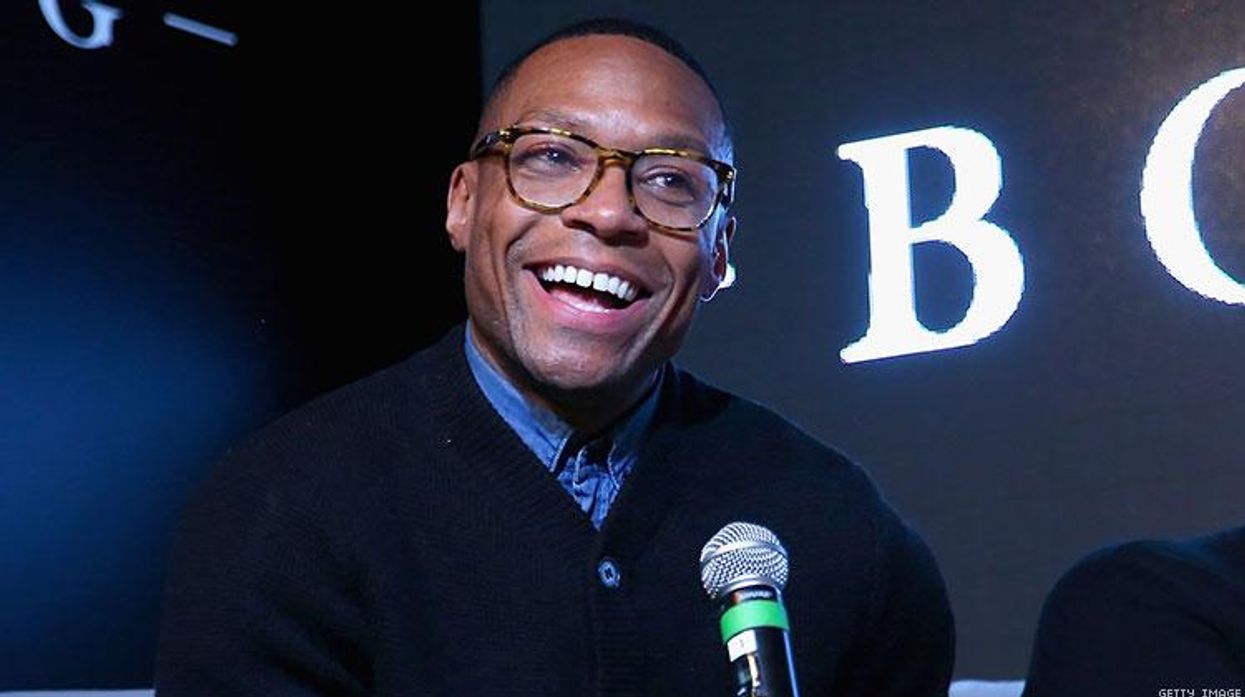


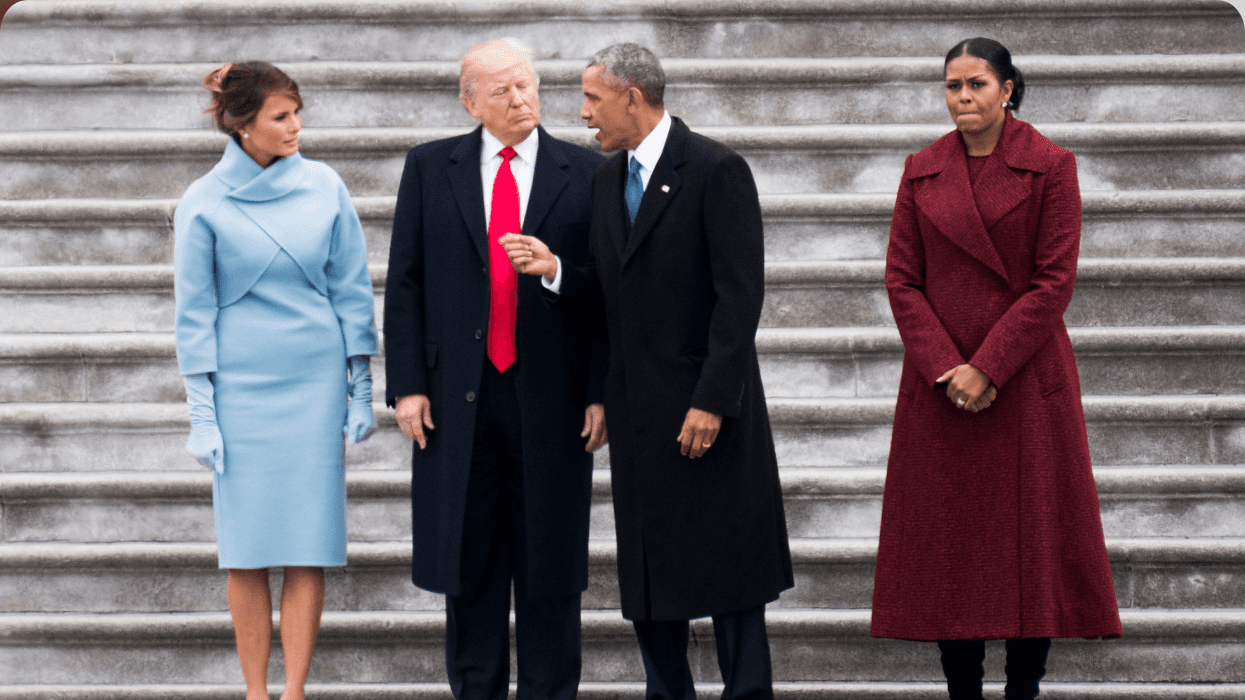
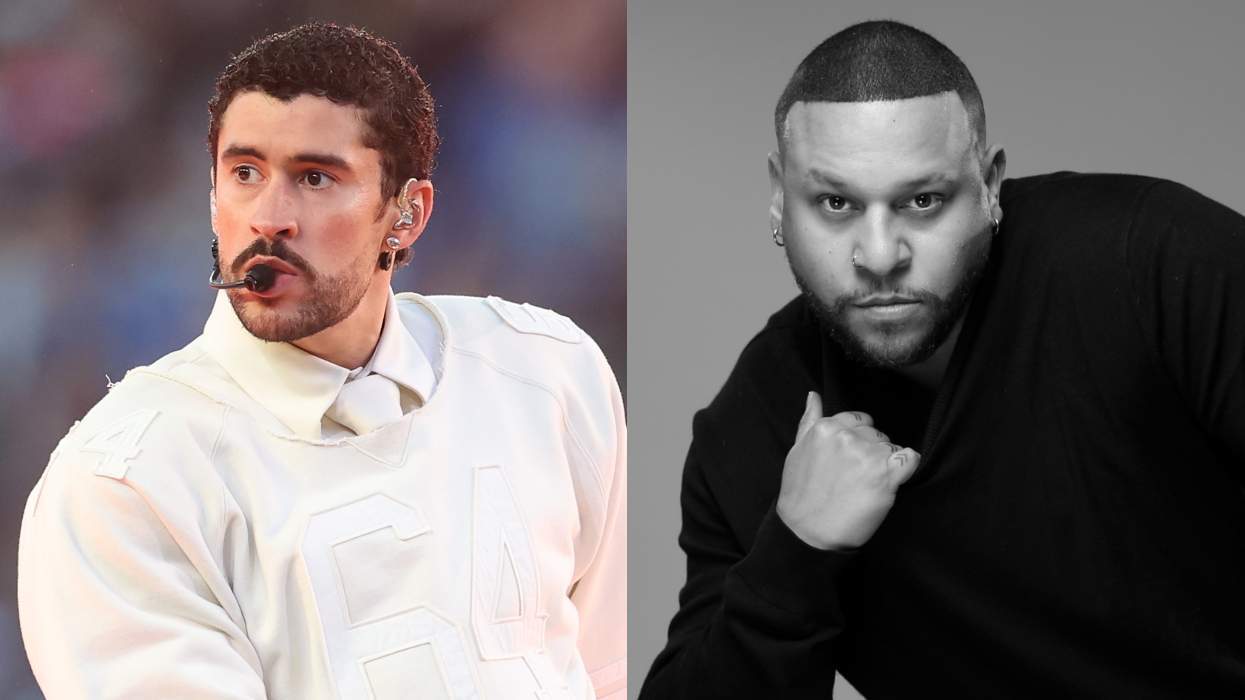
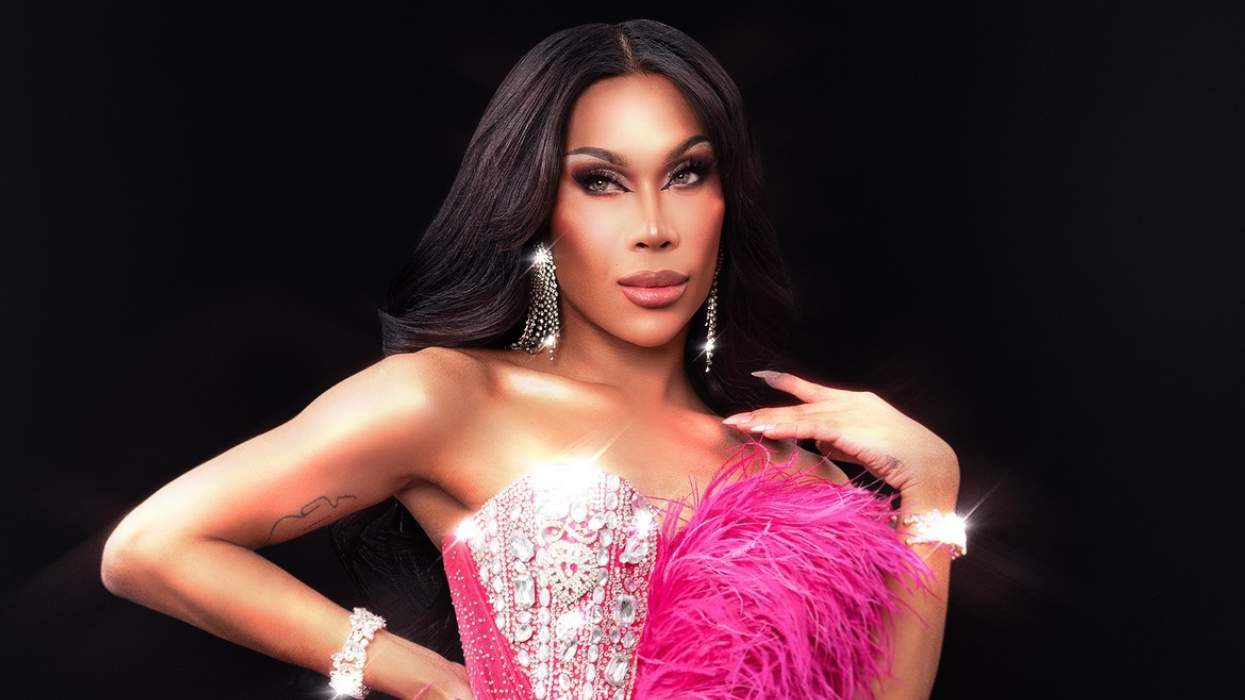

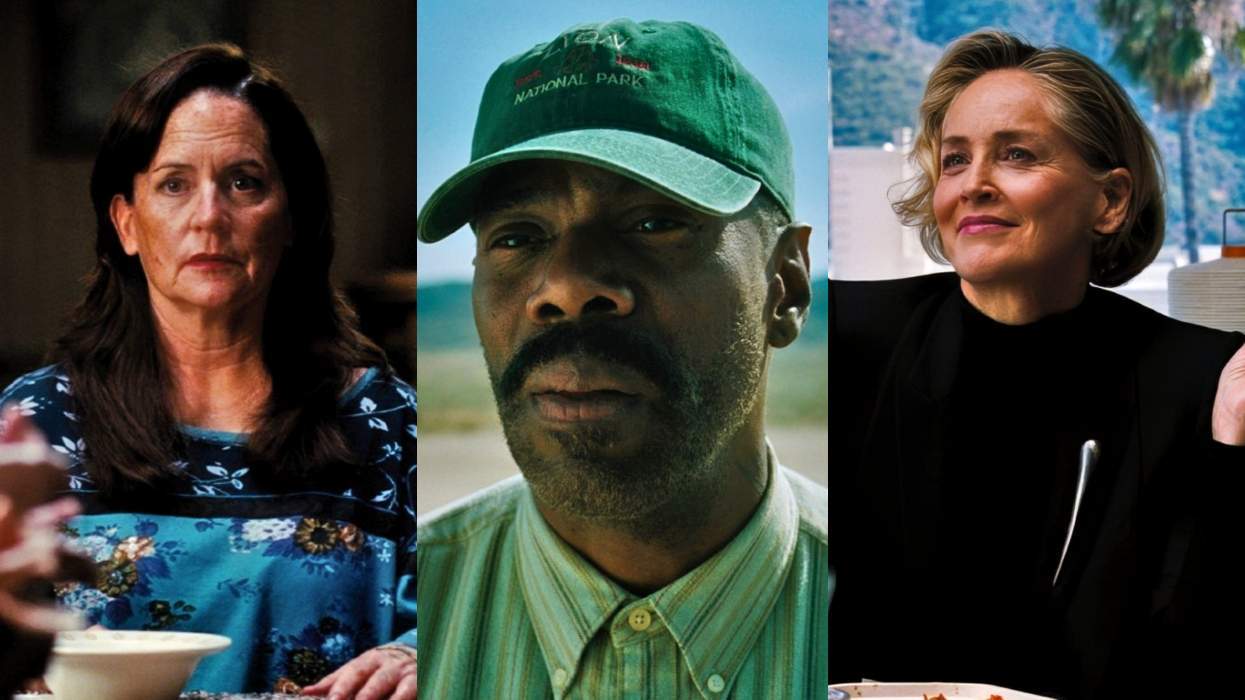

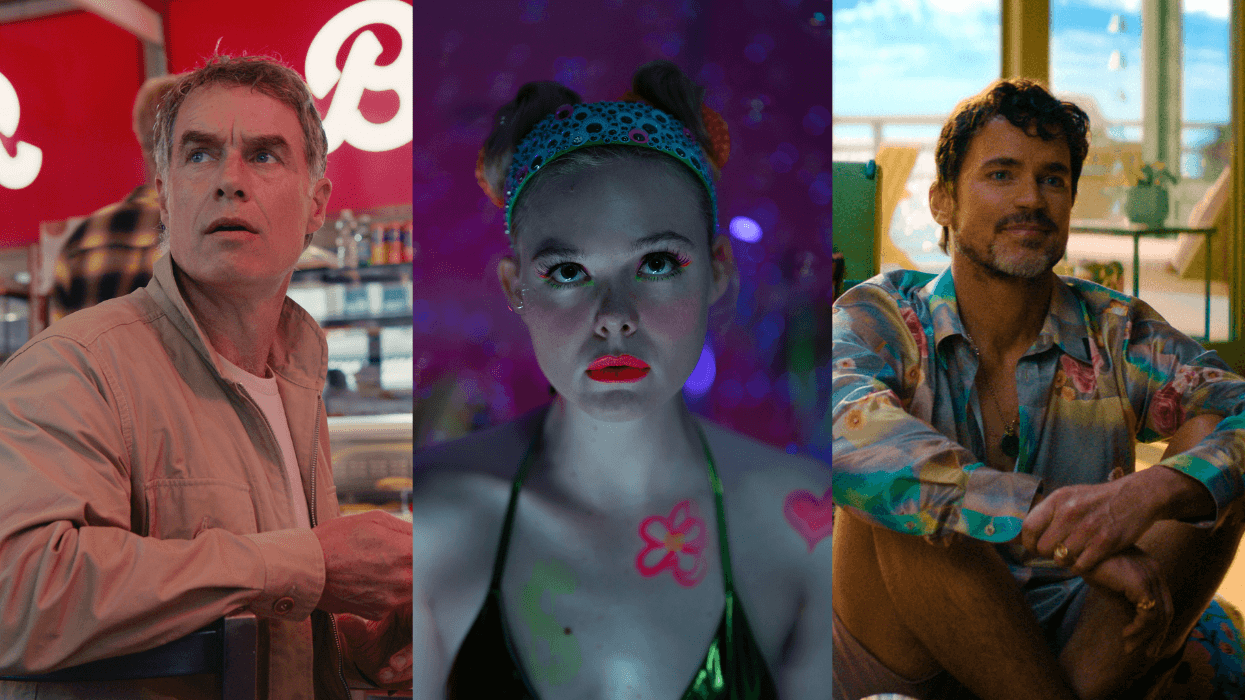






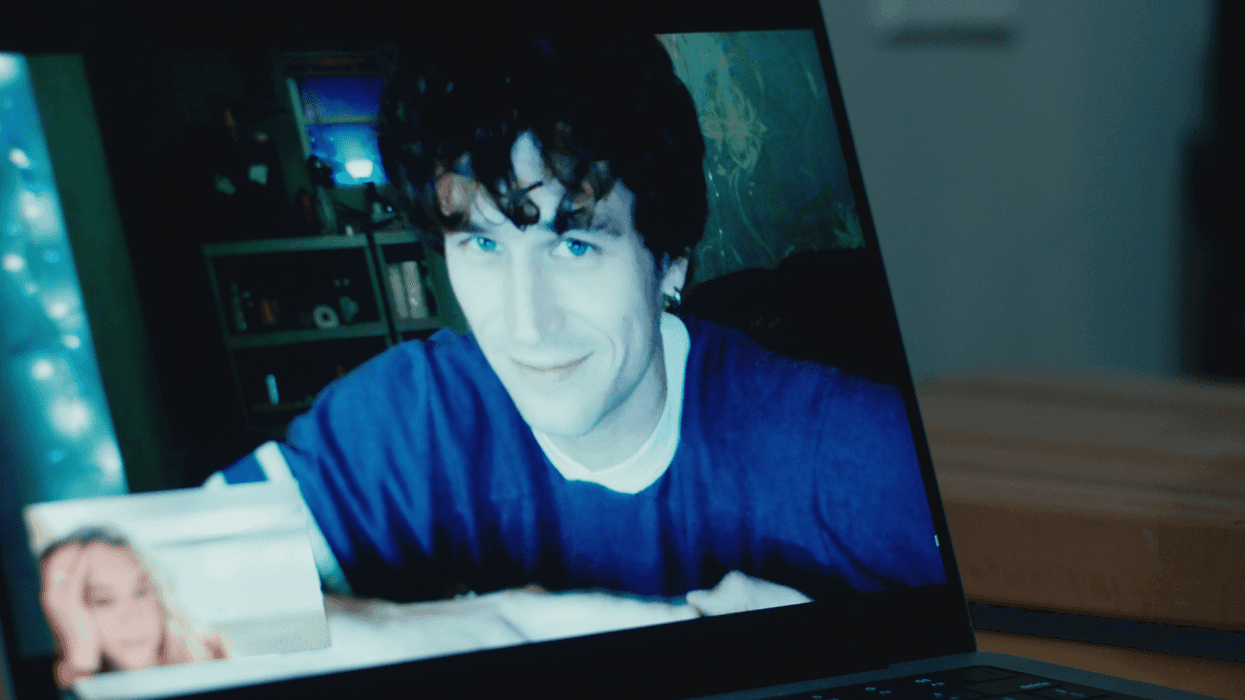
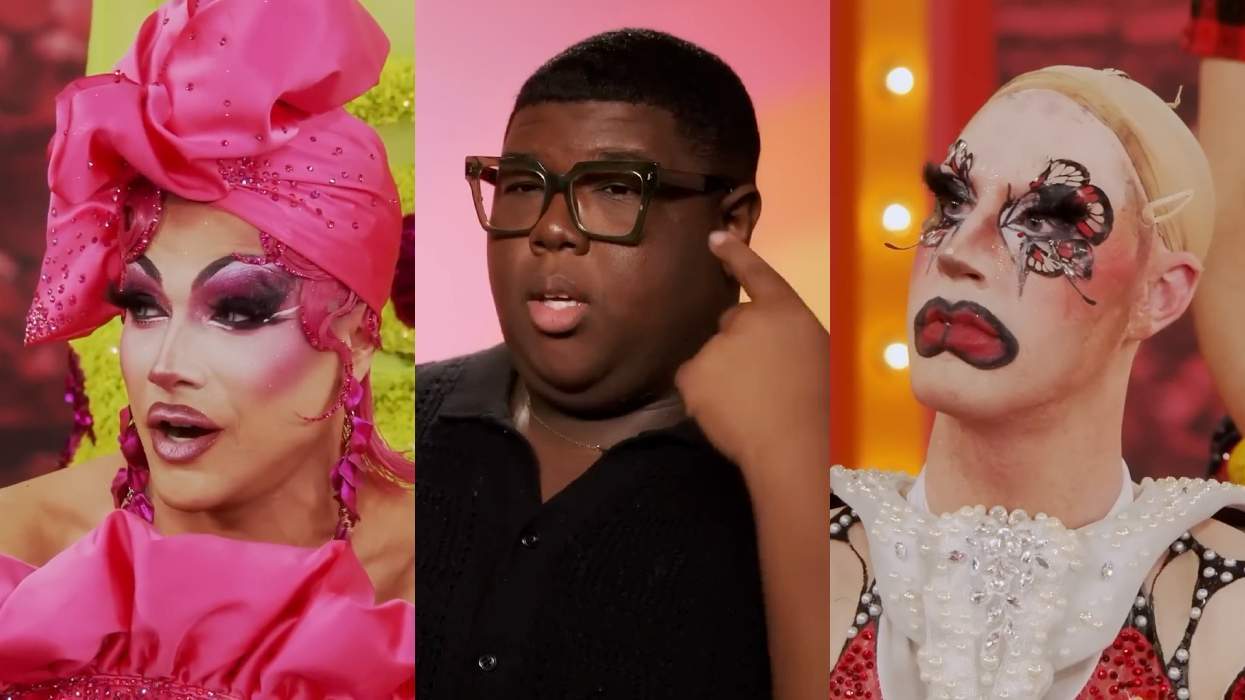
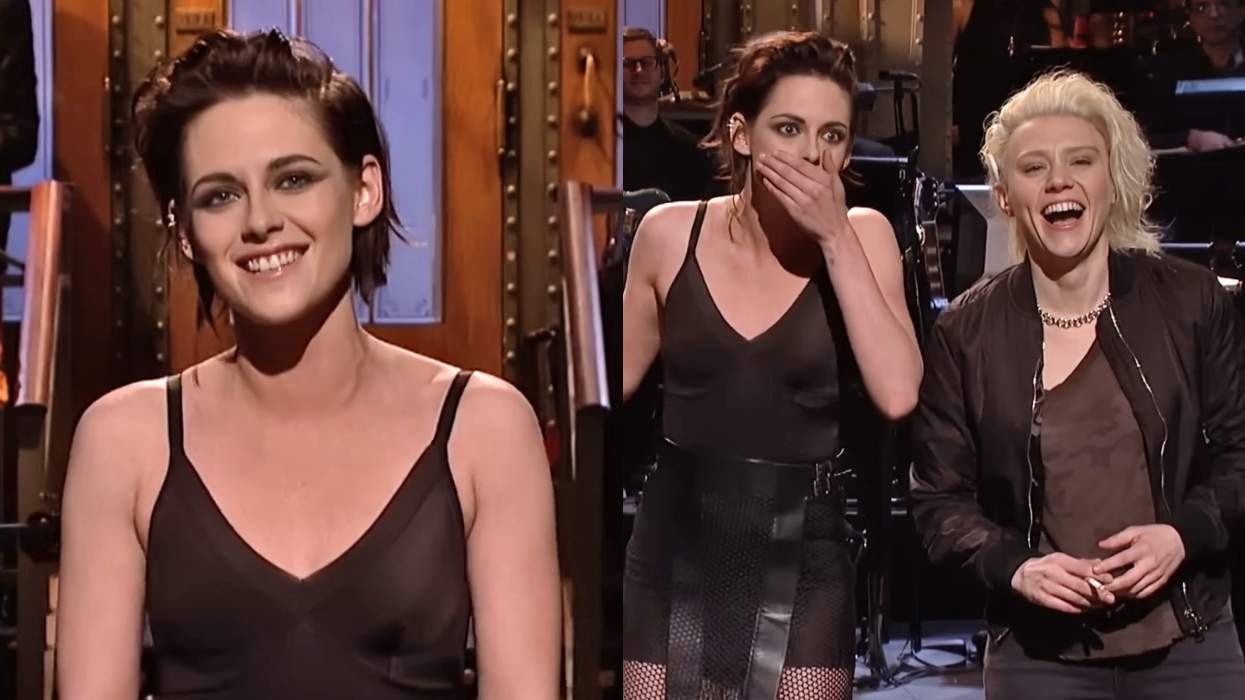
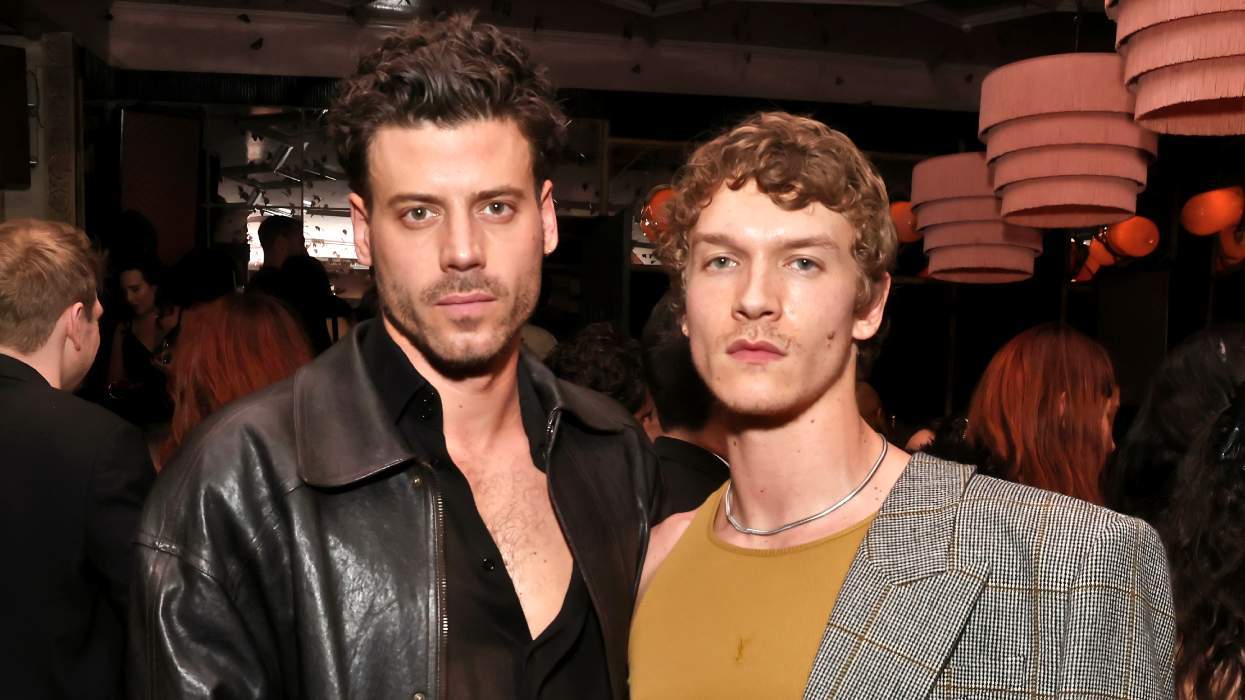

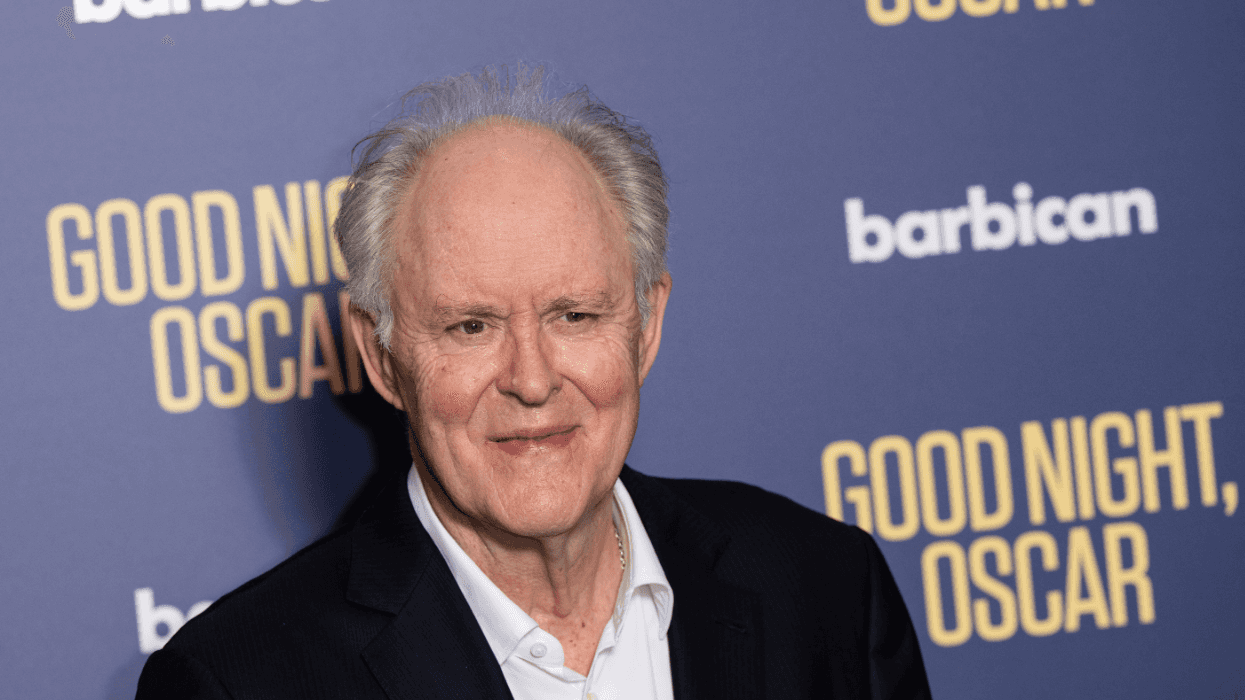
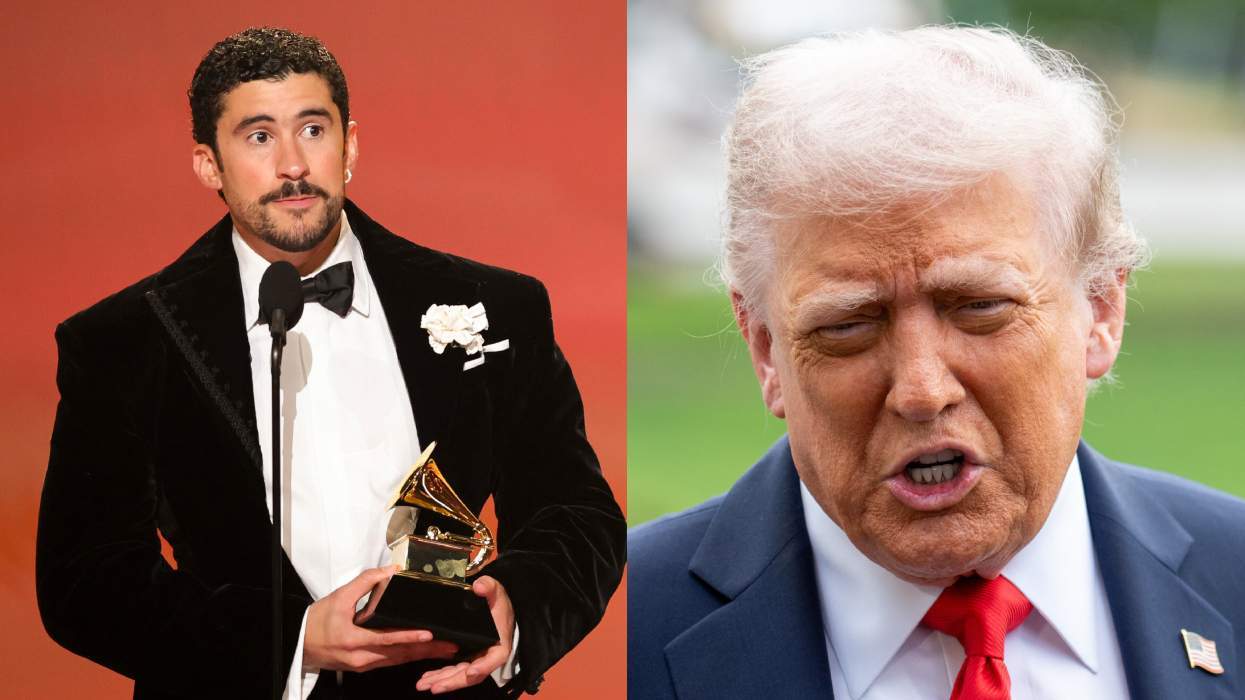
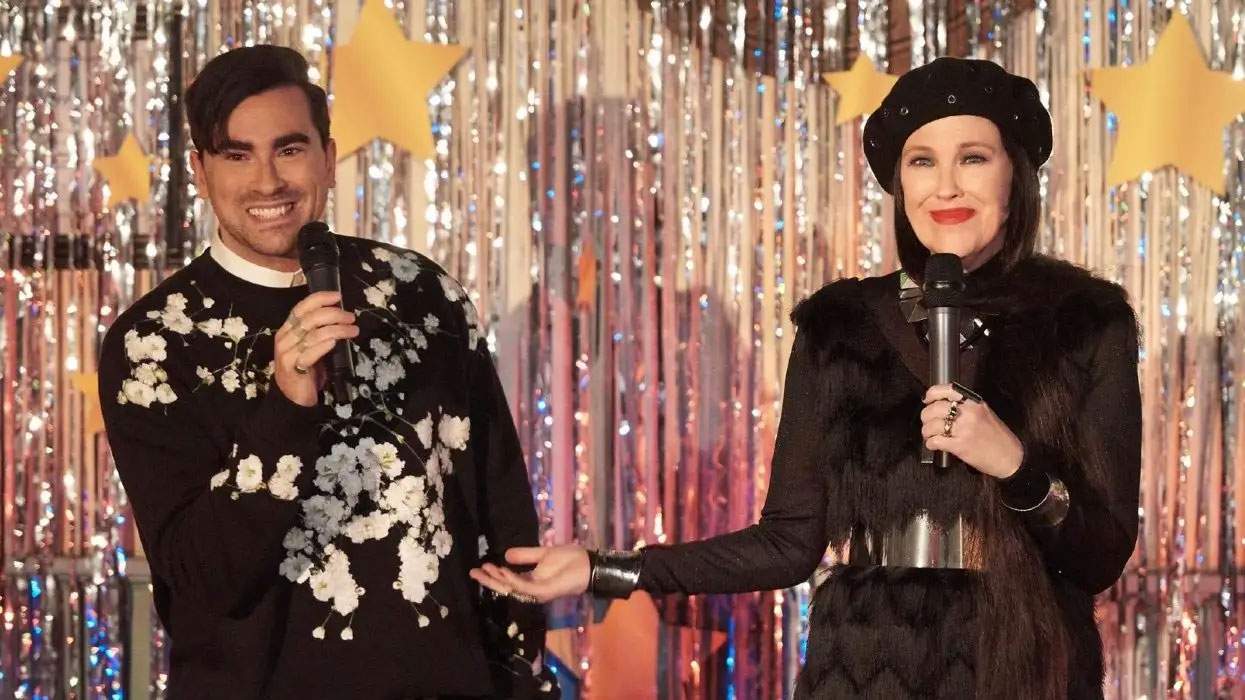


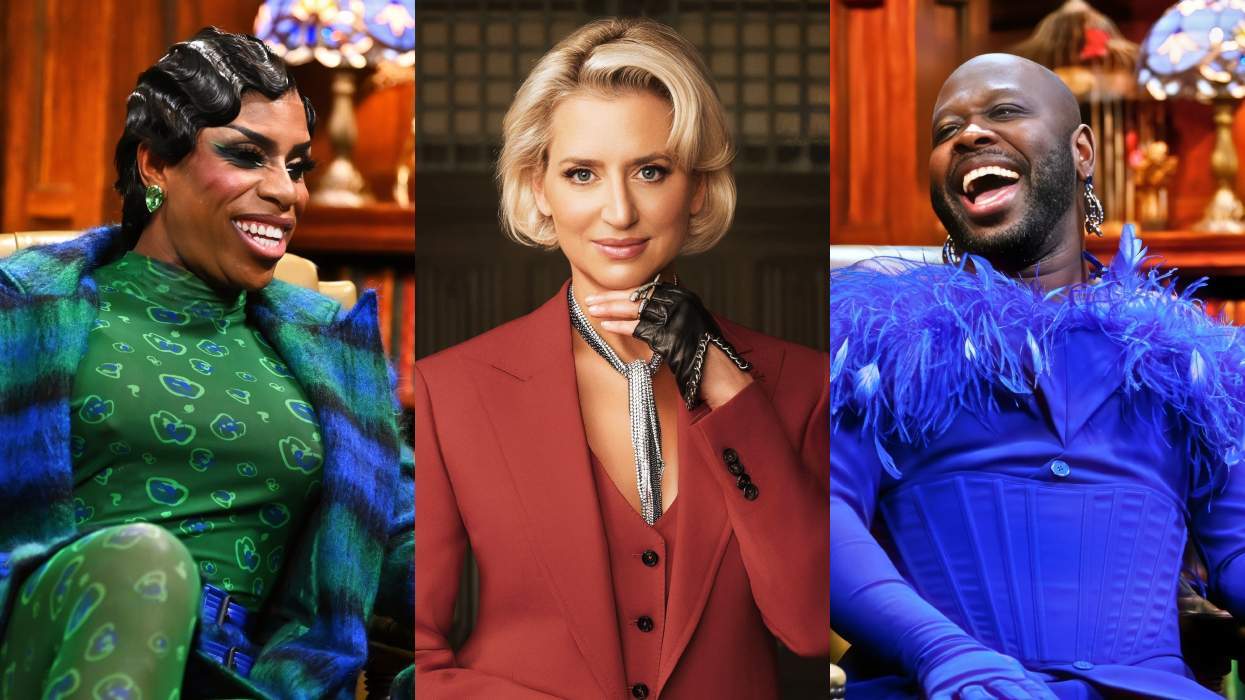
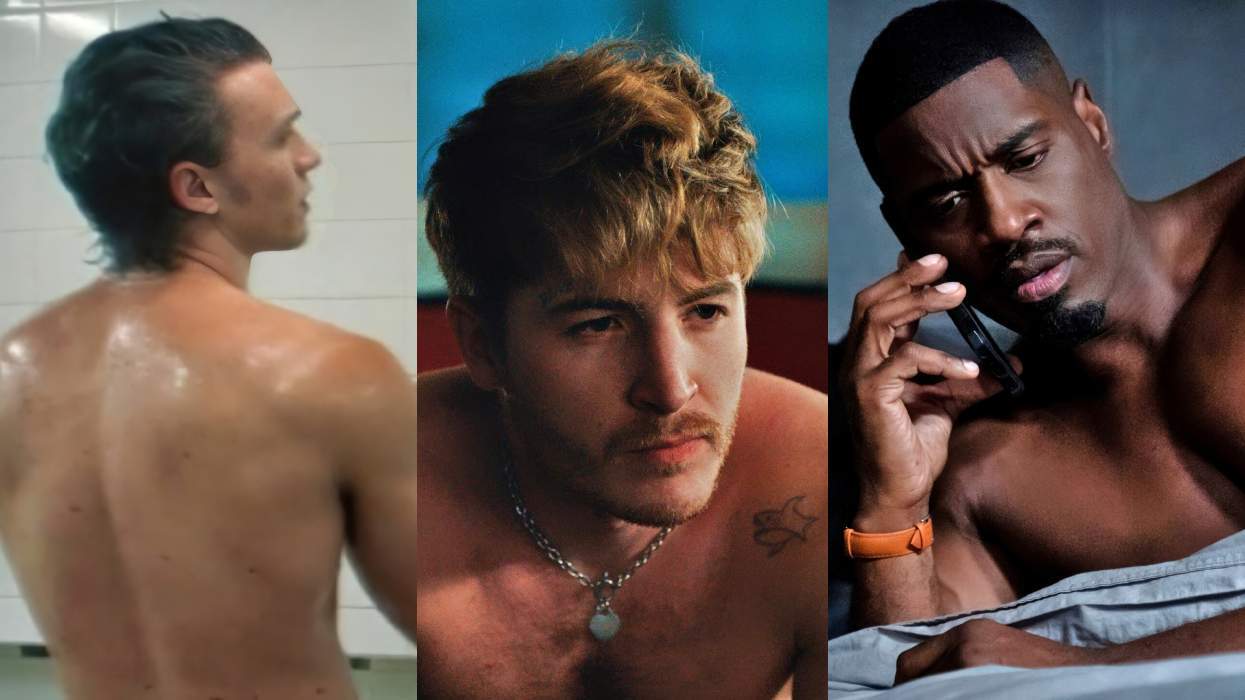
I watched the Kid Rock Turning Point USA halftime show so you don't have to
Opinion: "I have no problem with lip syncing, but you'd think the side that hates drag queens so much would have a little more shame about it," writes Ryan Adamczeski.